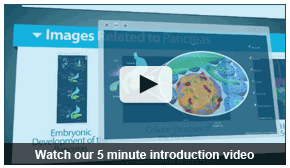-
Embryonic Development
-
Stem Cell Differentiation
-
Regenerative Medicine
Diabetes Mellitus, Noninsulin-Dependent
- Cell Therapy Approaches
Type 2 diabetes mellitus is a metabolic disorder characterized by high blood glucose levels arising from insulin resistance and relative insulin deficiency as opposed to the absolute insulin deficiency observed in diabetes mellitus type 1.
Cell Therapy Approaches
Cell therapy utilizing bone marrow-derived stem cell (BMSC) transplantation may regenerate functional β-cells by transdifferentiation or by regeneration of endothelial cells, which, in turn, stimulate β-cell neogenesis via a paracrine effect. It is assumed that BMSC transplantation leads to increased angiogenesis, secretion of various cytokines and upregulation of pancreatic transcription factors and vascular endothelial growth factor (VEGF) and creates a microenvironment supportive of beta cell/resident stem cell activation and survival.
Chronic inflammation and/or autoimmunity play key roles in the pathogenesis of type 2 diabetes. Control of inflammation and autoimmune responses by altering regulatory T cells (Tregs) and human islet β cell-specific T cell clones can be additional mechanisms by which cell therapy may facilitate type 2 diabetes treatment.



